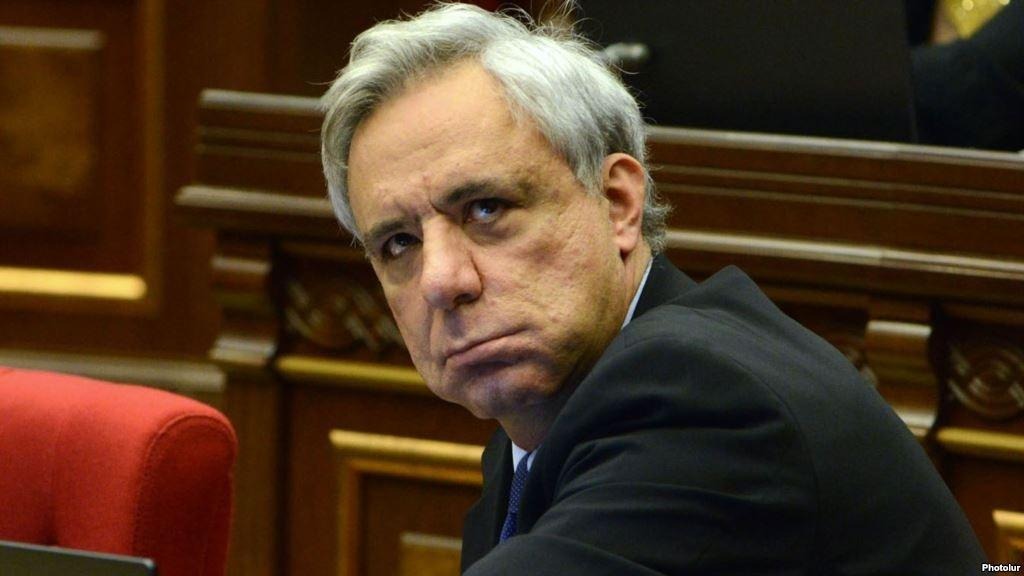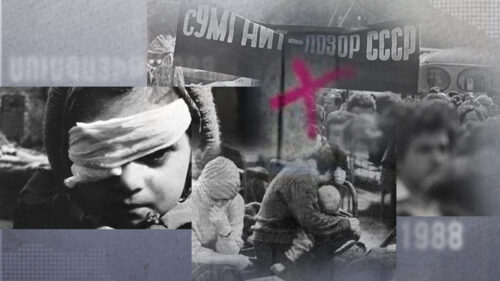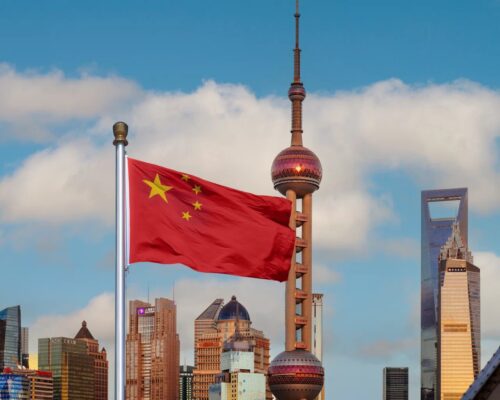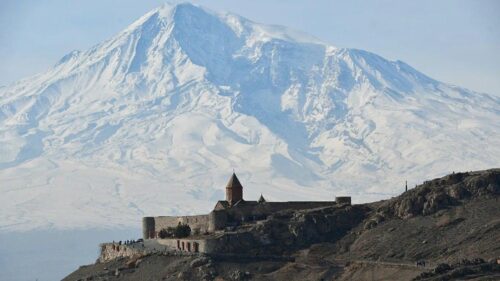
Pashinyan’s government may well earn the distinction of being the most corrupt, by far, since independence, says Vartan Oskanian
Seven years into Nikol Pashinyan’s premiership, it has become increasingly evident that his administration ranks, by far, among the most incompetent in Armenia’s post-independence history. Worse still, it is marred by corruption and nepotism. Unless the government provides credible explanations regarding the fate of the millions of dollars allocated to ANIF, the more than 100 million dollars in Armenia Fund donations, and the additional seven billion dollars in foreign debt—and these are only a few of the more visible examples—Pashinyan’s government may well earn the distinction of being the most corrupt, by far, since independence, Vartan Oskanian, Former Foreign Minister of Armenia, writes.
“The once-prevalent narrative—that despite military defeats, territorial losses, national humiliation, and internal turmoil, Armenia was at least governed by honest hands—has collapsed. In its place stands a sobering realization: the cost of leadership devoid of competence is far higher than previously imagined.
This reality gives rise to a difficult but necessary argument: when a nation must choose between a “corrupt” yet capable government and one that is “honest” but inept and incompetent, the former may prove to be the lesser evil. Corruption, while damaging, can be mitigated over time through institutional reforms and prudent management. Monetary losses can be recovered through hard work, effective governance, and judicial processes. Lost lives, territory, damaged reputation, and national humiliation, by contrast, are either unrecoverable or seldom recovered without immense sacrifice—often through war, bloodshed, and enduring trauma.
Governance demands more than good intentions. Integrity is vital, but without the ability to govern effectively, it becomes an empty virtue. Armenia’s recent history under Pashinyan offers a cautionary tale of how incompetence at the highest levels can lead to national calamity. The consequences have been stark and irreversible: the loss of Nagorno-Karabakh, the displacement of over 120,000 Armenians, the deaths of thousands of young soldiers, and the erosion of Armenia’s territorial sovereignty. The emotional and psychological toll on the Armenian people has been profound, deepened further by the sense that these tragedies were avoidable.
Pashinyan’s supposed hallmark—an uncompromising fight against corruption—has indeed proven hollow. While new anti-corruption bodies have been established and legislative “reforms” enacted, systemic corruption persists. Nepotism and favoritism flourish, revealing that the state apparatus remains vulnerable to manipulation and private gain. The public’s trust in the integrity of government has been totally eroded.
Perhaps most disheartening is the steady deterioration of Armenia’s democratic institutions. The early promise of the 2018 “Velvet Revolution” has been squandered. What began as a hopeful experiment in participatory governance has devolved into one-man rule. The judiciary is widely viewed as compromised, independent media face increasing pressure, and civil society operates under a climate of suspicion and constraint. The political atmosphere is now defined by polarization and fragmentation, weakening national cohesion at a time when unity is most needed.
Pashinyan’s government’s legacy may well be defined not by the ideals it once championed, but by the irreversible damage it has wrought. The illusion of integrity and clean hands has masked a deeper dysfunction. And as we all survey the wreckage of the past seven years, we are left to ponder a harsh but necessary truth: that good governance requires more than clean hands—it demands competence, vision, and the courage to lead with both integrity and effectiveness. Without these, even the noblest ideals can collapse under the weight of reality,” Oskanian writes.



